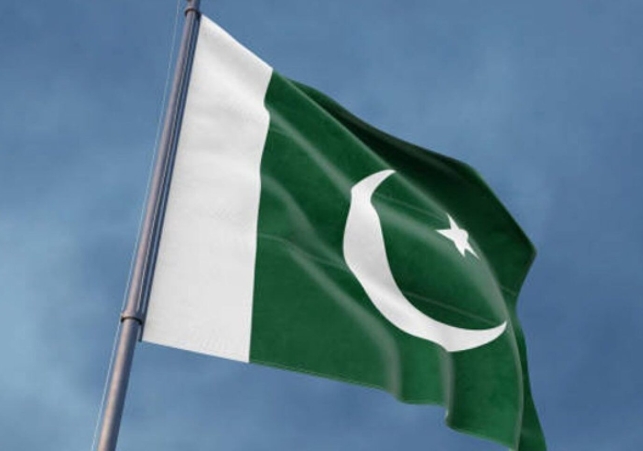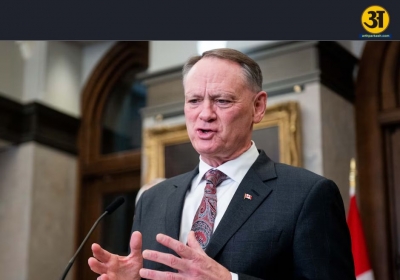
Pakistan facing high economic risks
IMF Calls for Another Program and Support for Pakistan's Economic Challenges
According to a report released by the International Monetary Fund (IMF), Pakistan needs another IMF program and assistance from other multilateral lenders beyond the current agreement and the upcoming election cycle. The report highlights Pakistan's structural challenges, including long-term balance of payments pressures, and suggests that continued adjustment and creditor support will be necessary to address these issues.
The report is based on the Memorandum of Economic and Fiscal Policies (MEFP) signed by Finance Minister Ishaq Dar and State Bank Governor Jameel Ahmed. The IMF assessment acknowledges that Pakistan's economic challenges are complex and multifaceted, and the risks are exceptionally high. To tackle these challenges, steadfast implementation of agreed policies and continued financial support from external partners will be crucial in reducing risks and maintaining macroeconomic stability.
The IMF believes that another program will be necessary to solve Pakistan's structural issues. The government has agreed to notify the public promptly in case electricity rates increase by 5 Pakistan Rupees (PKR) per unit and gas prices increase by more than 40%. This decision was made because the circular debt in the gas sector is now competing with losses in the power sector.
Financial Position in Other Sectors
Regarding the power sector, the government has promised to renegotiate power-purchase agreements with remaining power producers, including Chinese entities, or extend their debt servicing tenors. In the gas sector, the government has committed to immediate notification of gas tariff adjustments determined by Ogra and merging the gas rates for both local and imported natural gas through a weighted average tariff. The government has also pledged to maintain fiscal discipline and not allow supplementary grants for any additional unbudgeted spending over the parliamentary approved level until a new government is formed after the elections, except in the case of severe natural disasters.
Furthermore, the government has committed to refraining from launching any new tax amnesties or granting further tax exemptions in 2023-24 without prior approval. Agreements have also been made with each province to achieve a fiscal position consistent with the fiscal year's general government primary balance goal and to focus on energy sector policies without introducing fuel subsidies or cross-subsidy schemes.
ALSO READ:
To ensure monetary and financial stability, the government will return to a market-determined exchange rate, lower inflation toward the target, and rebuild foreign exchange reserves. The authorities have committed not to provide guidance or express a preference to market participants regarding the exchange rate or regulate forex demand through administrative action. The government will aim to restore proper market functioning and maintain the average premium between interbank and open market rates within specified limits during any consecutive five-day period, with daily interbank and open market exchange rates published regularly.





